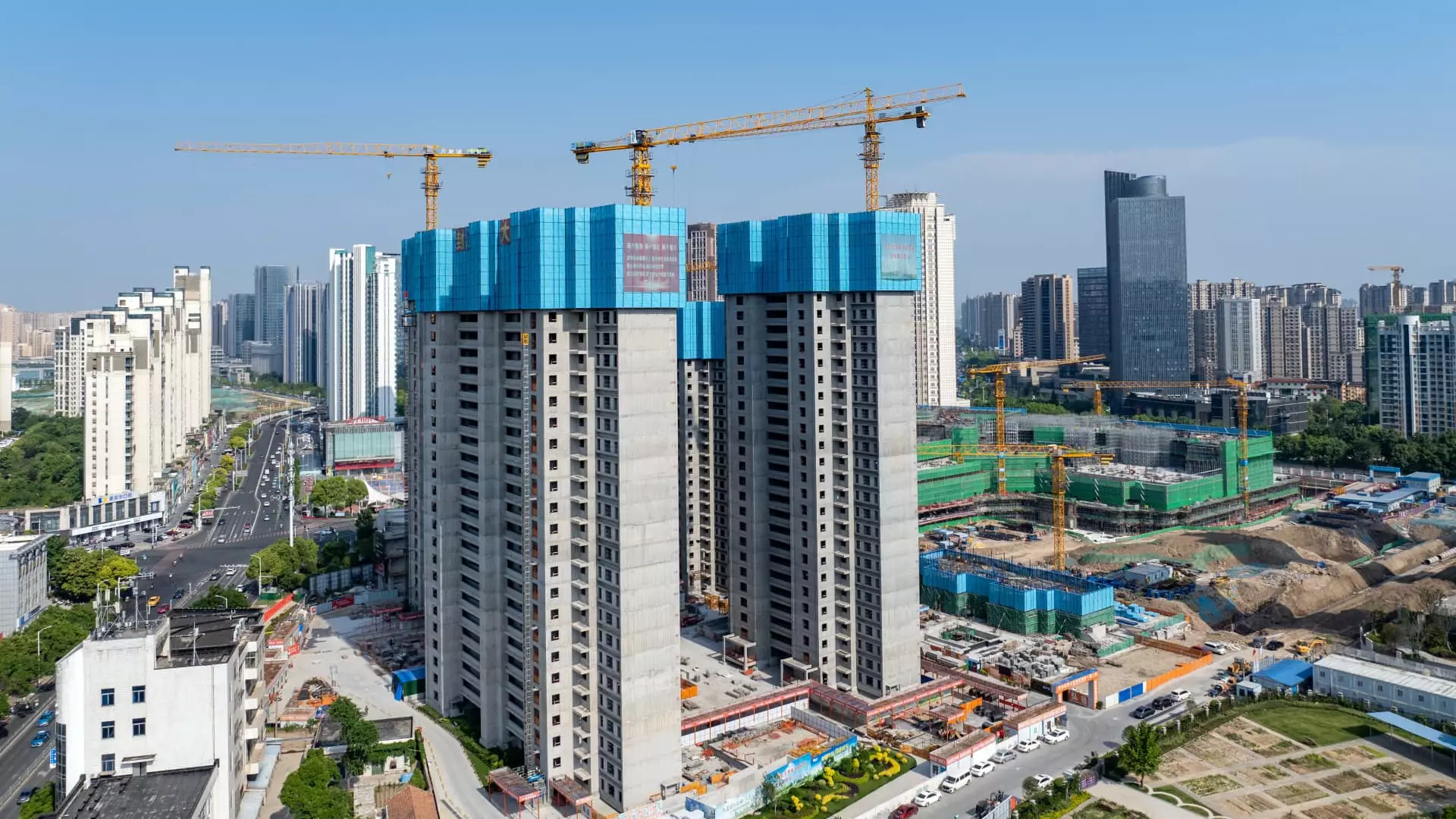China’s recent efforts to bolster the real estate sector have been seen as a positive step towards stabilizing the property market. However, analysts caution that these measures may take time to yield significant results. Despite the government’s decisive actions, S&P maintains its earlier prediction that the property market is still in search of a bottom.
The extensive policy rollout by the Chinese government last Friday sent a strong message of their commitment to supporting the property sector. By implementing a range of measures simultaneously, including lowering down payment minimums and canceling the floor on mortgage rates, policymakers aimed to boost homebuyers’ confidence and developers’ liquidity. This concerted effort highlights the government’s seriousness in addressing the challenges in the real estate market.
While many view the recent policy changes as a step in the right direction, some experts believe that they may not be sufficient to address the underlying issues. Goldman Sachs’ Chief China Economist, Hui Shan, noted that the funding needed to tackle excess inventory and stabilize home prices is far greater than the amount allocated by the government. This discrepancy raises concerns about the effectiveness of the current measures in resolving the housing crisis.
The decline in real estate investment and slower growth in retail sales reflect the challenges facing the Chinese economy. Household wealth tied to property ownership has contributed to uncertainty about future income and subdued consumer spending. Homebuyers’ confidence is closely linked to their economic outlook and the timely delivery of purchased apartments. Delays in construction and financing issues have led to prolonged wait times for buyers, further dampening their confidence in the market.
The sharp fall in housing prices, estimated at 25% to 30% from their peak levels, underscores the challenges in the real estate sector. Moreover, the significant number of pre-sold apartments awaiting completion indicates a substantial funding gap that needs to be addressed. Nomura’s Chief China Economist, Ting Lu, emphasizes the need to rebuild homebuyers’ trust in the presale system as a critical step towards revitalizing the housing market.
Despite the government’s efforts to support the real estate sector, analysts remain cautious about the prospects for a swift recovery. The complex challenges facing the property market, including excess inventory, funding gaps, and consumer confidence issues, suggest that a comprehensive and sustained approach will be needed to achieve stability. While the recent policy changes have laid the groundwork for progress, it is clear that the road ahead will be long and challenging.

